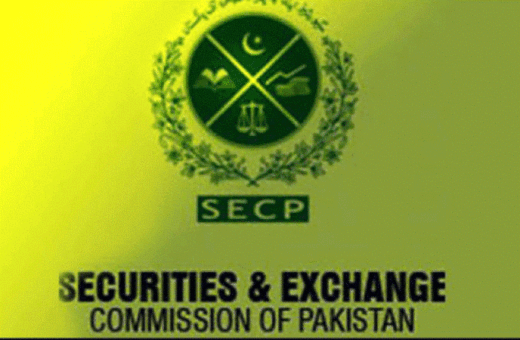KARACHI: Dr. Reza Baqir, Governor, State Bank of Pakistan (SBP) has said that concentration of banks’ shareholding to a few families and their nominees on the boards is against the good governance practices.
Dr. Reza Baqir, Governor, State Bank of Pakistan during his inaugural address in a seminar on “Emerging Trends in Good Governance of Banking Sector” in SAARC countries highlighted the importance of efficient and robust governance structure in the banking industry for sustainable economic growth of a country, said a statement issued by the central bank on Tuesday.
He said that concentration of banks’ shareholding to a few families and their nominees on the Boards is against the good governance practices and may adversely impact the effectiveness of the Board.
Besides Pakistan, the seminar was attended by delegates from Afghanistan, Bangladesh, Bhutan, Sri Lanka and Nepal.
While addressing to the participants from SAARC member countries at National Institute of Banking and Finance (NIBAF), Islamabad, Dr. Baqir said that corporate governance is corner stone for the success of any business entity.
However, for financial institutions, the importance of corporate governance becomes even more critical as banks are highly leveraged entities facing a wide range of risks in their day-to-day operations.
Therefore, the scope and approach to banks’ corporate governance requires a different and specific regulatory framework not only because of their leveraged business model but also due to diverse ownership and group structure.
Dr. Baqir emphasized that boards of the banks with more gender diversity or female representatives and diversified experience in the fields of IT, risk management, finance and economics can play a more effective role in achieving the organization’s overall strategic objectives.
Dr. Baqir further added that independent directors play an important role in banks by exercising their independent judgement and protect the interest of minority shareholders. He also mentioned that corporate governance practices in public sector banks are generally weak and less transparent due to likely political intervention in the affairs of these banks.
Therefore, there is a need to rationalize the shareholding structure of these banks to minimize the undesirable role of governments in their affairs. Remuneration practices of Board members and compliance of AML/ CFT regime are also significantly important areas where the Boards need to assume enhanced responsibilities to meet the international best practices.
He also cited few of SBP’s efforts such as Guidelines on Performance Evaluation of Board of Directors, Enterprise Technology Governance & Risk Management Framework, Governance Framework for Banks’ Overseas Operations, Compliance Risk Management and Internal Audit Function Guidelines and Streamlining the existing regulatory requirements on remuneration of Boards and management.
In his closing remarks, he suggested that Terms of reference (ToRs) of SAARCFINANCE network may be revisited to align the same with emerging challenges being faced by central banks in the region. He further added that expanding business arenas, globalization of financial activities, emergence of new financial products and increased level of competition have not only opened up opportunities but also increased the potential risks from such developments.
Therefore, such regional forums are very helpful in facilitating knowledge exchange and ongoing collaboration for resolution of region specific issues posing potential risks to the banking sectors in SAARC countries.
The event was also attended by Dr. Ishrat Husain, Adviser to Prime Minister on Institutional reforms and Austerity and Ms. Tania Adruis, Head of Digital Pakistan Initiative. Both the keynote speakers emphasized upon further strengthening the culture of good corporate governance to achieve the desired strategic objectives.
The second day of the seminar largely focused on governance practices in the SAARC region wherein foreign delegates and SBP presented their respective country practices in the subject area.








